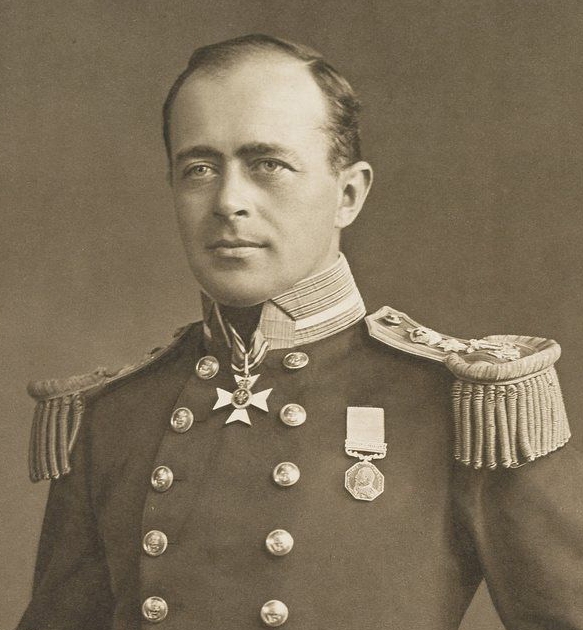Difference between revisions of "Template:Westarctica.wiki:Today's featured article"
Westarctica (talk | contribs) |
Westarctica (talk | contribs) |
||
| Line 1: | Line 1: | ||
[[File:Scott of the Antarctic.jpg|thumb|left]] | [[File:Scott of the Antarctic.jpg|thumb|left]] | ||
'''Captain Robert Falcon Scott''' (6 June 1868 – 29 March 1912) was a British Royal Navy officer and explorer who led two expeditions to the [[Antarctica|Antarctic]] regions: the Discovery Expedition (1901–1904) and the ill-fated Terra Nova Expedition (1910–1913). On the first expedition, he set a new southern record by marching to latitude 82°S and discovered the Polar Plateau, on which the [[South Pole]] is located. On the second venture, Scott led a party of five which reached the South Pole on 17 January 1912, less than five weeks after [[Roald Amundsen]]'s Norwegian expedition. A planned meeting with supporting dog teams from the base camp failed, despite Scott's written instructions, and at a distance of 150 miles from their base camp and 11 miles from the next depot, Scott and his companions perished | '''Captain Robert Falcon Scott''' (6 June 1868 – 29 March 1912) was a British Royal Navy officer and explorer who led two expeditions to the [[Antarctica|Antarctic]] regions: the Discovery Expedition (1901–1904) and the ill-fated Terra Nova Expedition (1910–1913). On the first expedition, he set a new southern record by marching to latitude 82°S and discovered the Polar Plateau, on which the [[South Pole]] is located. On the second venture, Scott led a party of five which reached the South Pole on 17 January 1912, less than five weeks after [[Roald Amundsen]]'s Norwegian expedition. A planned meeting with supporting dog teams from the base camp failed, despite Scott's written instructions, and at a distance of 150 miles from their base camp and 11 miles from the next depot, Scott and his companions perished. '''([[Robert Falcon Scott|Full Article...]])''' | ||
Revision as of 04:16, 11 June 2018
Captain Robert Falcon Scott (6 June 1868 – 29 March 1912) was a British Royal Navy officer and explorer who led two expeditions to the Antarctic regions: the Discovery Expedition (1901–1904) and the ill-fated Terra Nova Expedition (1910–1913). On the first expedition, he set a new southern record by marching to latitude 82°S and discovered the Polar Plateau, on which the South Pole is located. On the second venture, Scott led a party of five which reached the South Pole on 17 January 1912, less than five weeks after Roald Amundsen's Norwegian expedition. A planned meeting with supporting dog teams from the base camp failed, despite Scott's written instructions, and at a distance of 150 miles from their base camp and 11 miles from the next depot, Scott and his companions perished. (Full Article...)
